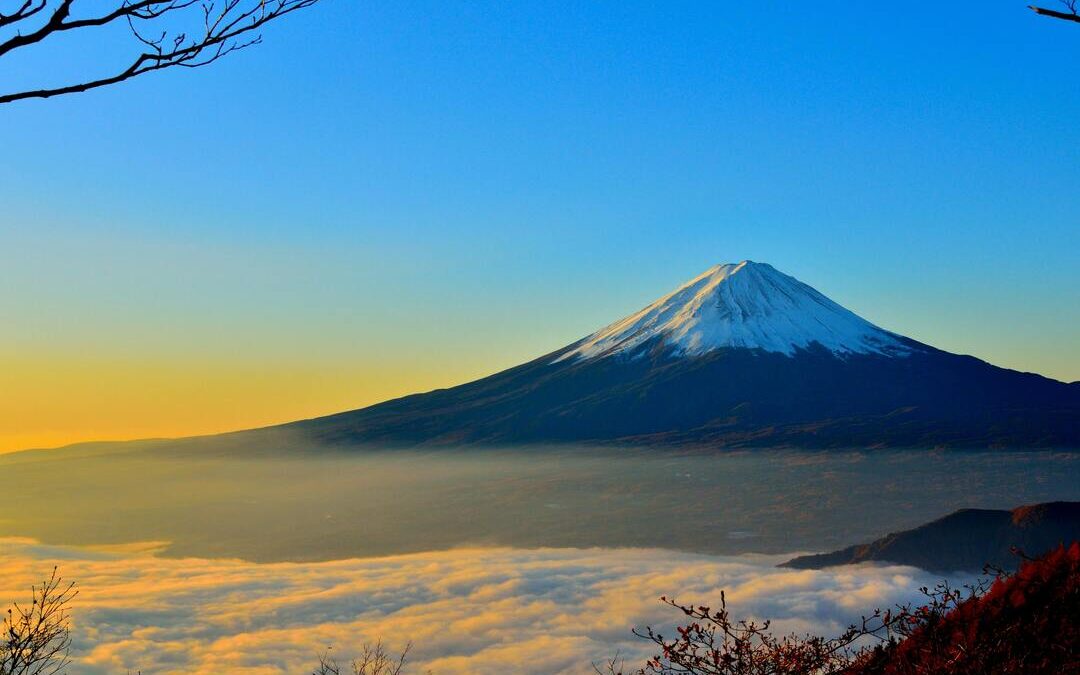Japan’s Mount Fuji Stays Snowless for the Longest Time in 130 Years
Mount Fuji’s peak typically dons the snowcap on Oct. 2, but no snowfall has been reported since then due to unusually warm weather.
Japan’s majestic Mount Fuji has gone all of October without snow, making it the longest period in 130 years that the slopes have remained bare.
Typically, Mount Fuji’s peak dons the snowcap on Oct. 2, but no snowfall has been reported since then due to unusually warm weather. Last year, snow was first seen at the summit on Oct.5, according to the AFP news agency.
Japan had its joint hottest summer on record this year, with temperatures between June and August being 1.76 degrees Celsius higher than average.
“Because of the fact that high temperatures in Japan have been continuing since the summer and as it has been raining, there has been no snowfall,” Japan Meteorological Agency officer Shinichi Yanagi told CNN.
According to the AFP, the meteorological agency has snow on the forecast, but the date will still be alarmingly late.
“Rain is likely to fall temporarily near Mount Fuji on November 6,” the Japan Weather Association said Thursday, per the AFP.
“Cold air will move in and change from rain to snow near the summit,” it added. “The weather will gradually clear up, and the first snow on the mountain may be observed on the morning of the 7th.”
Mount Fuji, southwest of Tokyo, is Japan’s highest mountain at 3,776m. It is covered in snow for most of the year. Over 220,000 visitors trudge up its steep, rocky slopes during the July-September hiking season.
As Mount Fuji awaits its first snowfall of the season, the unusual weather patterns serve as a reminder of the ongoing impacts of climate change.

